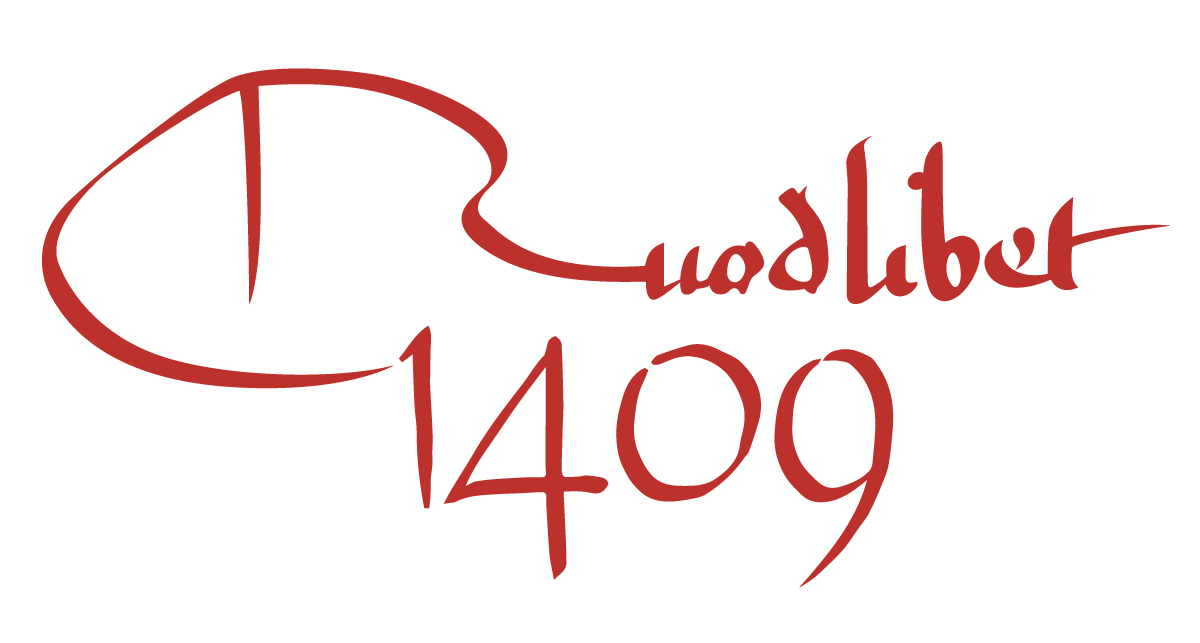Research Group for Transdisciplinary Investigation of Philosophical, Textual and Intellectual Culture in the Early Universities
As part of receiving a grant from the European Research Council (ERC), Dr. Ota Pavlíček founded and coordinates the research group TRIPTIC-EU: Research Group for Transdisciplinary Investigation of Philosophical, Textual and Intellectual Culture in the Early Universities.
The group focuses primarily on the study of quodlibetal and other collective debates within the context of European universities in the late Middle Ages and the early modern period (14th–17th centuries), along with related research into texts from the history of philosophy, the natural sciences, and university history.
The group also engages in transdisciplinary research that includes the use of Digital Humanities technologies for processing research outputs and contributes to the development of digital research infrastructures. In this context, it organises a regular workshop that also aims to strengthen the presence of Digital Humanities at the Institute of Philosophy of the Czech Academy of Sciences.
Mgr. Ota Pavlíček, Ph.D., Th.D. - deputy head
ota.pavlicek[at]flu.cas.cz
I specialise in the history of knowledge production at Late Medieval and Early Modern European universities, being particularly interested in Central European Faculties of Liberal Arts and links to their counterparts in Western Europe. Systematically, my research interests include philosophical (metaphysics, logic, astrology) and theological (mostly philosophical theology) discussions, the Reformation’s philosophical background, and intellectual practice. I am also interested in various types of debates, including the Arts quodlibets. I also research the area of Digital Humanities in relation to textual corpora of Late Medieval and Early Modern scholarly texts. I have run various projects in both fields, including a project on the 1409 Prague quodlibetal debate, financed by the Czech National Scientific Foundation and the UniQ digital project on the Central European struggle over universals. My current primary project is ACADEMIA (Reconstructing Late Medieval Quests for Knowledge: Quodlibetal Debates as Precursors of Modern Academic Practice), funded by the European Research Council, which reconstructs the Arts quodlibetal tradition in ca. 1370–1700. I am also interested in the transfer of the results of basic research in the humanities into applied research, in particular through digital technologies within the scope of Digital Humanities.
licka[at]flu.cas.cz
His research focuses on medieval Latin philosophy and science (from the 13th to the 16th centuries), especially the optical tradition (perspectiva) and its relation to Aristotelian natural philosophy and cognitive psychology. He specialises in comprehensive analyses of premodern scholarly texts, including their manuscript dissemination (e.g., the reconstruction of the total corpus of medieval and Renaissance optical manuscripts), textual transmission (e.g., the circulation of philosophical texts between Paris, Oxford, and Central Europe), textual strategies (e.g., textual reuse and premodern glossing, commentary, and disputation practices at late medieval Faculties of Arts), and doctrinal and conceptual inquiries into selected philosophical topics (e.g., the mechanism of perception and light phenomena such as the rainbow). Since 2021, he is a research fellow in the ERC StG project ACADEMIA: Reconstructing Late Medieval Quests for Knowledge: Quodlibetal Debates as Precursors of Modern Academic Practice, led by Ota Pavlíček. Since 2024, he is the principal investigator of the project The Age of Peckham: The Role of John Peckham’s Perspectiva communis in the Dissemination and Development of Optical Knowledge, 1279–1542 funded by Czech Science Foundation (GA ČR). As an expert on premodern optics and its manuscript dissemination, he participates in the development of the OptiQ database within the TRIPTIC-EU research group.
maximilian.schuh[at]web.de
Maximilian Schuh is a Feodor-Lynen-Fellow funded by the Alexander von Humboldt Foundation. Hosted by Ota Pavlíček and his research group he studies the works of the 14th century English scholar William Merle. The primary objective of his research project is to produce a critical edition of the largely unknown writings of the Oxford scholar and parish priest on weather forecasting, thereby bringing a neglected facet of 14th-century scientific history to greater scholarly attention. The current lack of reliable editions has contributed to the marginalization of the Latin tradition of weather prognostication. Anchored in an analysis of the intellectual context at the University of Oxford in the late Middle Ages, Merle’s treatises De prognosticatione aeris and Regulae ad futuram aeris temperiem prognosticandam will be critically edited. In contrast to conventional approaches in medieval astro-meteorology, Merle’s works assign fundamental importance to empirical observation of natural phenomena as the basis for weather prediction. The edition will be accompanied by a substantial introduction and an extensive thematic commentary that will elucidate the principal intellectual influences and the complex epistemological frameworks of the period. Only through such an analysis can the intellectual background of Merle’s innovative approach and its hitherto underappreciated legacy be fully understood. The project’s diverse challenges—scientific, philological, and intellectual-historical—will be addressed in close collaboration with Ota Pavlíček, Lukáš Lička, and Barbora Kocánová.
skvrnak[at]flu.cas.cz
PhDr. Dan Török, Ph.D.
torok[at]flu.cas.cz
Project Collaborators
More detailed information can be found on the websites of the individual projects, which are linked below under the logos of the funding agencies.
https://optiq.flu.cas.cz/ (under development)
 |
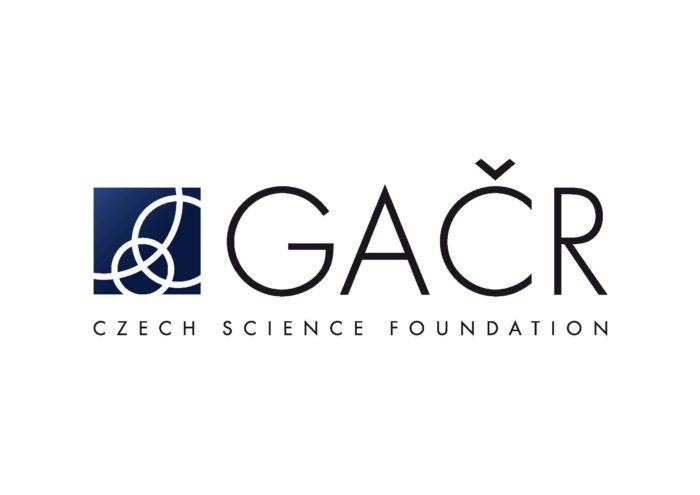 |
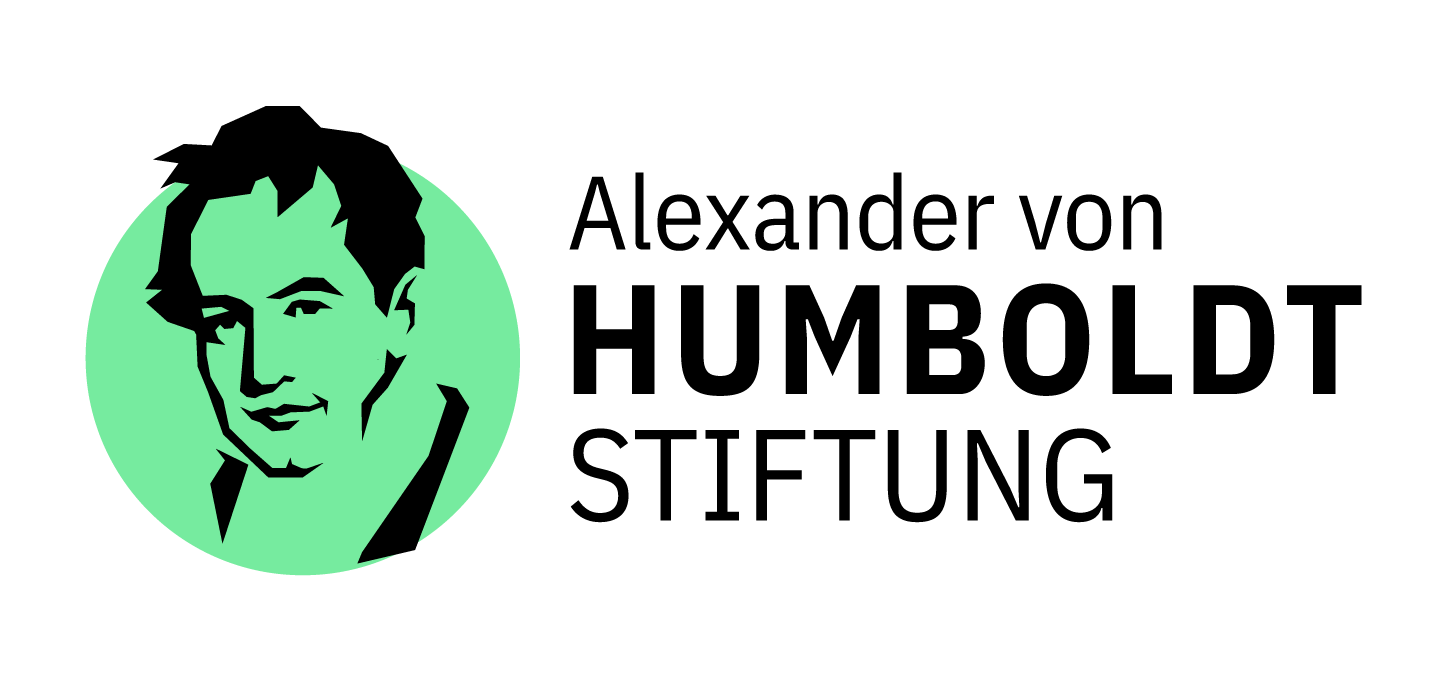 |
||
 |
|
 |
||
Granted projects
ACADEMIA. Reconstructing Late Medieval Quests for Knowledge:
Quodlibetal Debates as Precursors of Modern Academic Practice
(European Research Council, No. 949710, PI Ota Pavlíček, 2021–)
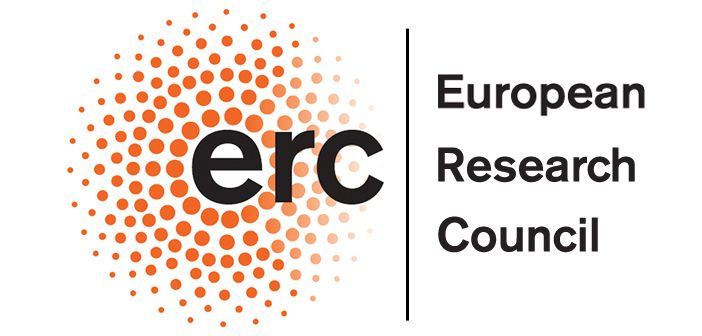
(Czech Science Foundation, no. 24-12752S, PI Lukáš Lička, 2024–)

TRUST: Vědění ve věku nedůvěry (TRUST: Knowledge in the Age of Distrust)
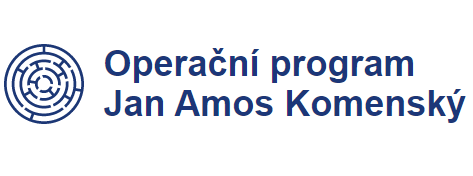
Project UniQ, a database of Bohemical texts on universals
Project OptiQ, a database of historical texts on optics

(Within the Lindat/Clariah Research Infrastructure (https://lindat.cz), supported by the Ministry of Education, Youth, and Sports of the Czech Republic, Project No. LM2018101, PI Ota Pavlíček, 2022–
Past projects
Philosophy at the University of Prague around 1409:
Matěj of Kníns Quodlibet as a Crossroads of European Medieval Knowledge
(Czech Science Foundation, no. 19-16793S, PI Ota Pavlíček, 2019–2022)




